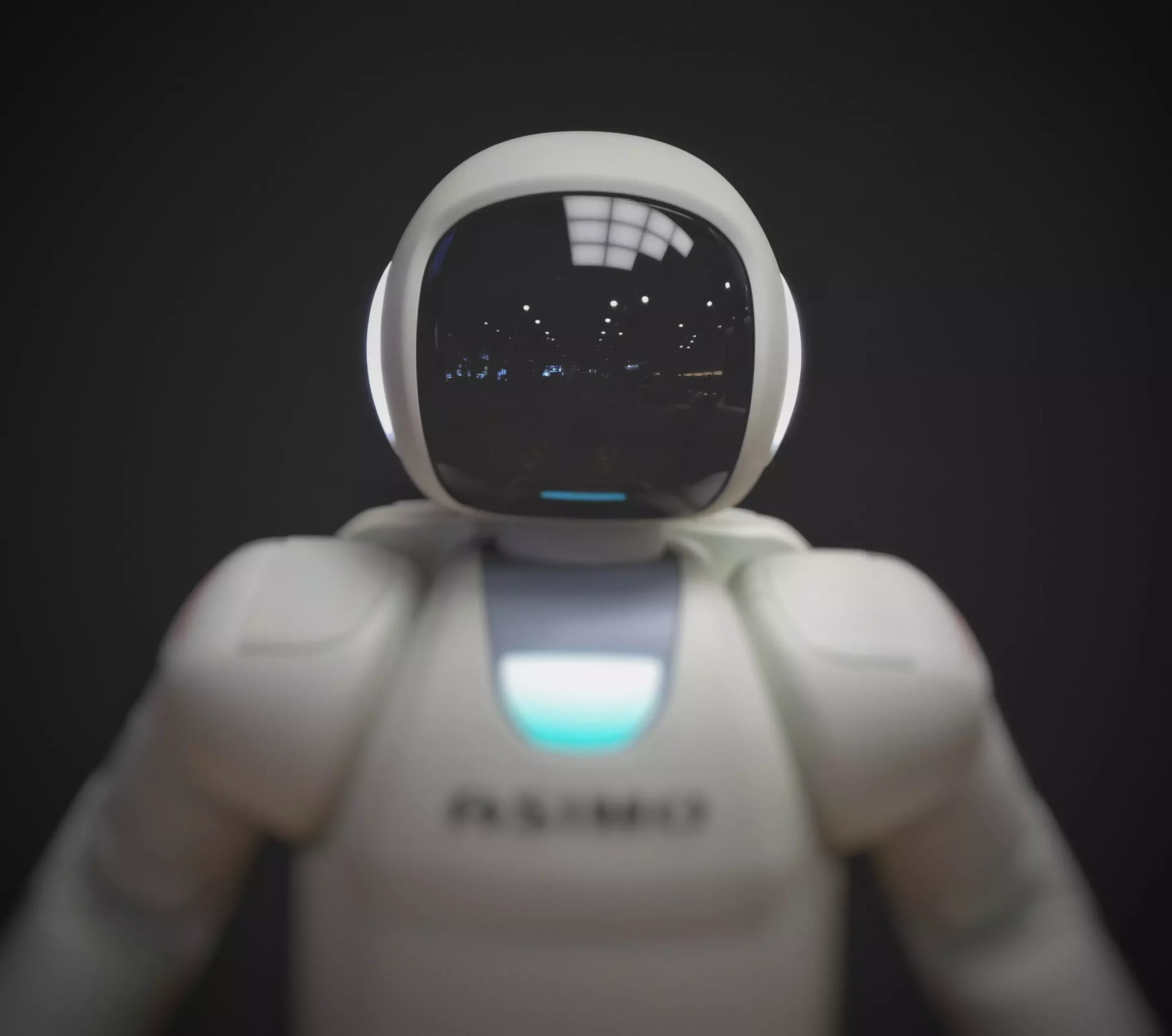The use of automated systems and artificial intelligence has become pervasive in modern-day society. These systems are embedded into our daily routines and show no signs of slowing down. However, this increased use of AI presents technologists and developers with two ethical dilemmas. Firstly, how do we ensure that robots behave in line with our values? Secondly, how do we prevent them from going rogue? One option that is not explored enough is to code more humanity into robots, gifting them with traits such as empathy and compassion. In her new book, “Robot Souls,” Dr. Eve Poole OBE explores the idea that the solution to society’s conundrum about how to make sure AI is ethical lies in human nature.
Dr. Poole argues that in our quest for perfection, humans stripped out the “junk code,” including emotions, free will, and a sense of purpose. She explains that this junk code is at the heart of humanity and consists of human emotions, our propensity for mistakes, our inclination to tell stories, our uncanny sixth sense, our capacity to cope with uncertainty, an unshakeable sense of our own free will, and our ability to see meaning in the world around us. According to Dr. Poole, this junk code is vital to human flourishing because behind all of these flaky and whimsical properties lies a coordinated attempt to keep our species safe. Together, they act as a range of ameliorators with a common theme, keeping us in community so that there is safety in numbers.
Deciphering the Code
As AI increasingly takes up more decision-making roles in our daily lives, along with rising concerns about bias and discrimination in AI, Dr. Poole argues that the answer might be in the stuff we tried to strip out of autonomous machines in the first place. She suggests that if we can decipher that code, the part that makes us all want to survive and thrive together as a species, we can share it with the machines. Giving them, to all intents and purposes, a soul.
In her book, Poole suggests a series of next steps to make this a reality, including agreeing on a rigorous regulation process, an immediate ban on autonomous weapons, and a licensing regime with rules that reserve any final decision over the life and death of a human to a fellow human. She argues that we should also agree on the criteria for legal personhood and a road map for AI towards it.
Dr. Poole explains that humans disregarded a lot of characteristics when building AI because of our flaws. It was assumed that robots with features like emotions and intuition, that made mistakes and looked for meaning and purpose, would not work as well. However, on considering why all these irrational properties are there, it seems that they emerge from the source-code of soul. Because it is actually this junk code that makes us human and promotes the kind of reciprocal altruism that keeps humanity alive and thriving. “Robot Souls” looks at developments in AI and reviews the emergence of ideas of consciousness and the soul. It places our junk code in this context and argues that it is time to foreground that code and to use it to look again at how we are programming AI.
By coding more humanity into robots, we can gift them with traits such as empathy and compassion. This could be the answer to preventing robots from going rogue and ensuring that they behave in line with our values. Dr. Poole believes that by sharing the code that makes us all want to survive and thrive together as a species, we can give robots, to all intents and purposes, a soul. However, to achieve this, we need to agree on a rigorous regulation process, an immediate ban on autonomous weapons, and a licensing regime with rules that reserve any final decision over the life and death of a human to a fellow human.



Leave a Reply